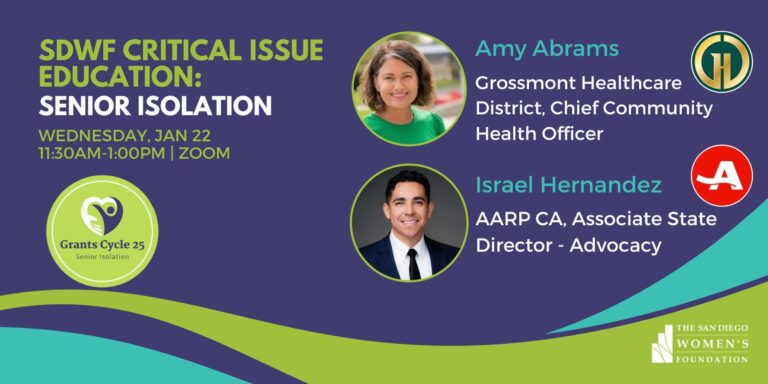Transforming Education in San Diego: Challenges and Innovations in 2024
Widening Academic Disparities Amid Financial Limitations
In 2024, San Diego’s educational landscape is marked by growing concerns over uneven student achievement across its public school districts. Students from economically disadvantaged backgrounds, English learners, and minority groups continue to face significant hurdles, underscoring the urgent need for focused support strategies. Despite community-driven initiatives and creative educational programs, many schools find it difficult to maintain consistent academic progress due to constrained budgets and a lack of seasoned educators.
Financial restrictions have forced districts to make tough decisions affecting staffing levels, curriculum enhancements, and extracurricular offerings. Notable challenges include:
- Cutbacks in funding for specialized academic support staff such as tutors and counselors
- Insufficient investment in modern educational technology
- Limited opportunities for teacher training in culturally relevant pedagogy
The table below highlights recent budget adjustments, pinpointing areas where reductions have most significantly impacted educational services:
| Expenditure Category | 2023-24 Allocation | Year-over-Year Change |
|---|---|---|
| Student Support Services | $18.5 Million | -12% |
| Technology Investments | $9.2 Million | -8% |
| Teacher Professional Development | $5.7 Million | -15% |
Combating Teacher Shortages and Enhancing Retention Strategies
San Diego’s education system continues to grapple with a significant deficit of qualified teachers, a situation that jeopardizes both student achievement and district stability. Factors such as increased workloads, more lucrative career options outside education, and pandemic-related stress have contributed to this shortage. To counteract these trends, district officials have introduced measures including signing bonuses, expanded mentorship programs, and simplified certification pathways aimed at attracting and retaining educators. However, these initiatives demand ongoing financial support and active community involvement to be sustainable.
Efforts to improve teacher retention now focus on addressing root causes by providing enhanced professional growth opportunities, mental health support, and stronger leadership backing to improve workplace satisfaction. The following table outlines key programs and their projected benefits:
| Program | Details | Anticipated Outcome |
|---|---|---|
| Signing Incentives | Financial bonuses for educators in high-demand subjects | Boost recruitment numbers |
| Mentorship Initiatives | Pairing novice teachers with experienced mentors | Lower early-career turnover |
| Certification Simplification | Streamlined credentialing for local teacher candidates | Broaden applicant pool |
| Wellness Programs | Access to mental health and stress management resources | Improve job satisfaction and retention |
- Collaborations with community organizations are being strengthened to provide additional teacher support.
- Discussions around flexible work schedules and smaller class sizes aim to reduce educator burnout.
Innovative Initiatives to Enhance Student Participation and Equity
San Diego’s school districts have introduced a variety of forward-thinking programs designed to increase student engagement and narrow achievement disparities. These initiatives prioritize culturally responsive instruction, digital learning tools, and expanded extracurricular access. Key components include:
- Adaptive digital platforms that cater to diverse learning styles and promote peer collaboration.
- Community mentorship programs connecting students with diverse role models and professionals.
- After-school innovation centers focused on STEAM (Science, Technology, Engineering, Arts, and Mathematics) through experiential learning projects.
Preliminary data indicates encouraging improvements in attendance and academic achievement, especially among underserved groups. The comparative analysis below demonstrates measurable gains:
| Indicator | Before Program (2023) | After Program (2024) |
|---|---|---|
| Average Student Attendance | 87% | 92% |
| Math Achievement Gap | 18% | 10% |
| Participation in Extracurricular Activities | 45% | 68% |
Strategic Policy Proposals to Elevate Educational Success
To foster a more equitable and effective education system in San Diego, policymakers and stakeholders must focus on fair resource distribution and targeted support. Schools serving marginalized communities often lack essential materials and veteran educators, which directly affects student performance. Adopting funding models that account for socioeconomic disparities can help close these gaps, ensuring all students benefit from quality learning environments. Additionally, expanding teacher training in cultural competence and emerging educational technologies will better equip educators to meet diverse student needs.
Strengthening collaboration among schools, families, and community groups is also vital. Encouraging partnerships with local businesses and nonprofits to offer mentorships and internships can provide students with valuable real-world experiences and motivation. Policies should further emphasize mental health services and inclusive curricula that celebrate San Diego’s cultural richness. The table below summarizes essential policy recommendations for immediate action:
| Policy Area | Recommended Strategy | Projected Benefit |
|---|---|---|
| Equitable Funding | Revise budget formulas to reflect community needs | Minimized resource inequities |
| Teacher Training | Increase ongoing cultural competence education | Enhanced student engagement and inclusivity |
| Community Collaboration | Promote partnerships with local organizations | Expanded experiential learning opportunities |
| Mental Health Support | Integrate comprehensive counseling services in schools | Improved student emotional wellbeing |
Looking Ahead: Building a Resilient and Inclusive Educational Future
As San Diego advances through 2024, education remains a pivotal concern demanding unified action from policymakers, educators, and the community. Addressing persistent issues such as funding inequities, teacher shortages, and the need for culturally responsive resources will require innovative approaches and collaborative commitment. inewsource remains dedicated to providing thorough coverage and holding stakeholders accountable to ensure a more equitable and robust educational system for every student in San Diego.







